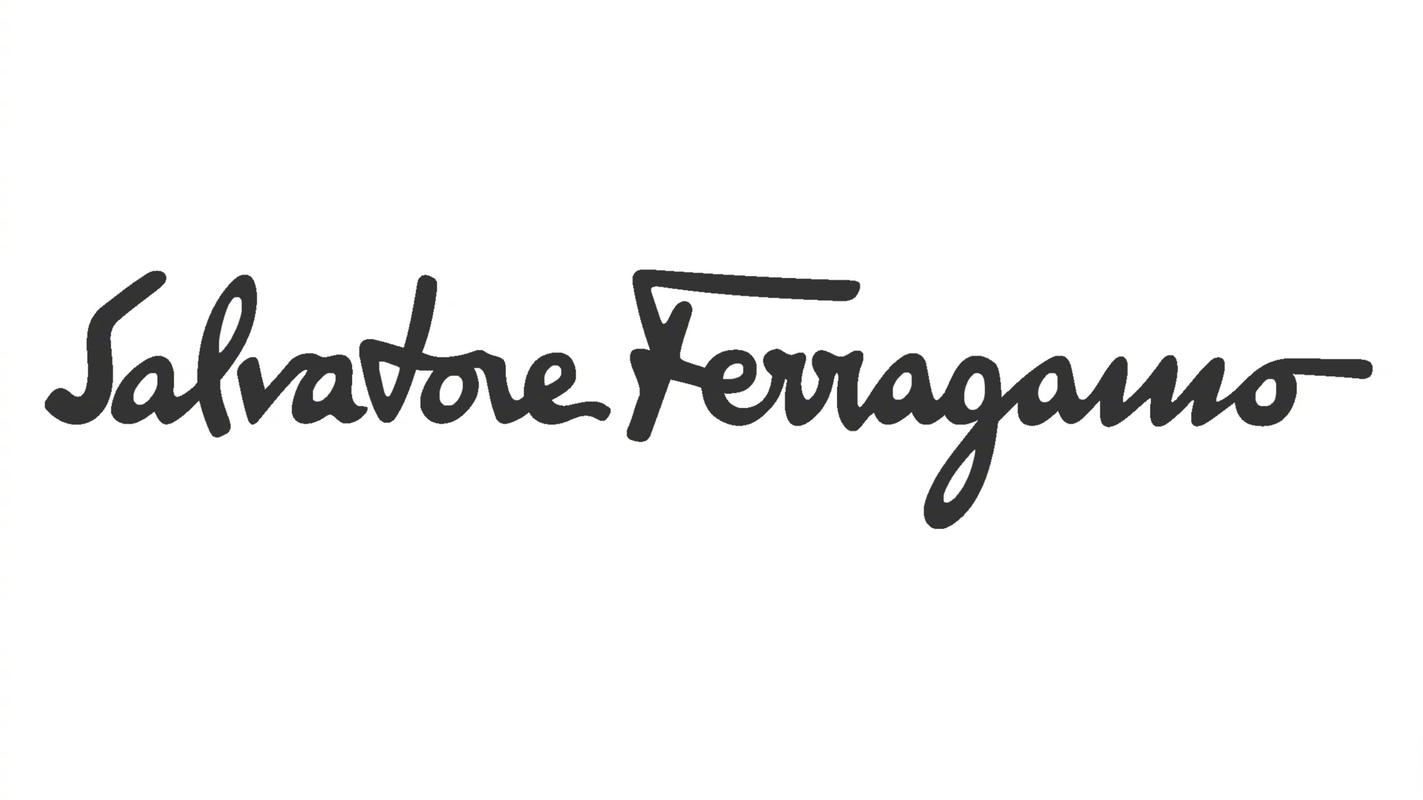KeyCharacteristicsoftheLuxuryGoodsMarket:
The Luxury Goods Market
The luxury goods market is a unique sector that caters to affluent consumers seeking high-end products that symbolize status, exclusivity, and superior quality. This market encompasses a wide range of products including fashion, accessories, jewelry, watches, automobiles, and more. In recent years, the luxury goods market has experienced significant growth globally, driven by increasing disposable incomes, changing consumer preferences, and the rise of online shopping.
1. **Exclusivity:** Luxury brands often limit the production of their products to maintain exclusivity and desirability among consumers. Limited editions, bespoke items, and high price points contribute to the exclusivity of luxury goods.
2. **Brand Image:** Luxury brands invest heavily in building a strong brand image that conveys prestige, heritage, and craftsmanship. Brand reputation plays a crucial role in attracting and retaining affluent customers.
3. **Quality and Craftsmanship:** Luxury goods are known for their exceptional quality, attention to detail, and superior craftsmanship. Consumers are willing to pay a premium for products that are well-made and durable.
1. **Changing Consumer Behavior:** The preferences and shopping habits of luxury consumers are evolving, with a growing emphasis on sustainability, ethical practices, and experiential luxury. Luxury brands need to adapt to these changing trends to stay relevant.
2. **Competition:** The luxury goods market is highly competitive, with both traditional luxury brands and new entrants vying for market share. Brands need to differentiate themselves through innovation, marketing strategies, and customer experience.
3. **Digital Transformation:** The shift towards online shopping and digital marketing has transformed the way luxury brands engage with consumers. Brands need to embrace digital technologies while maintaining the exclusivity and personal touch that define the luxury shopping experience.

1. **Sustainability:** As consumers become more conscious of environmental and social issues, sustainability will play a key role in shaping the future of the luxury goods market. Brands that prioritize sustainability and ethical practices will have a competitive advantage.
2. **Personalization:** Customization and personalization are becoming increasingly important for luxury consumers who seek unique and tailored experiences. Brands that offer personalized products and services will attract and retain loyal customers.
3. **Digital Innovation:** The integration of technology such as artificial intelligence, virtual reality, and augmented reality will enhance the online shopping experience for luxury consumers. Brands that leverage digital innovation effectively will stay ahead of the curve.
The luxury goods market is a dynamic and evolving industry that requires brands to adapt to changing consumer preferences, market trends, and technological advancements. By focusing on exclusivity, brand image, quality, and innovation, luxury brands can continue to thrive in a competitive market landscape.
